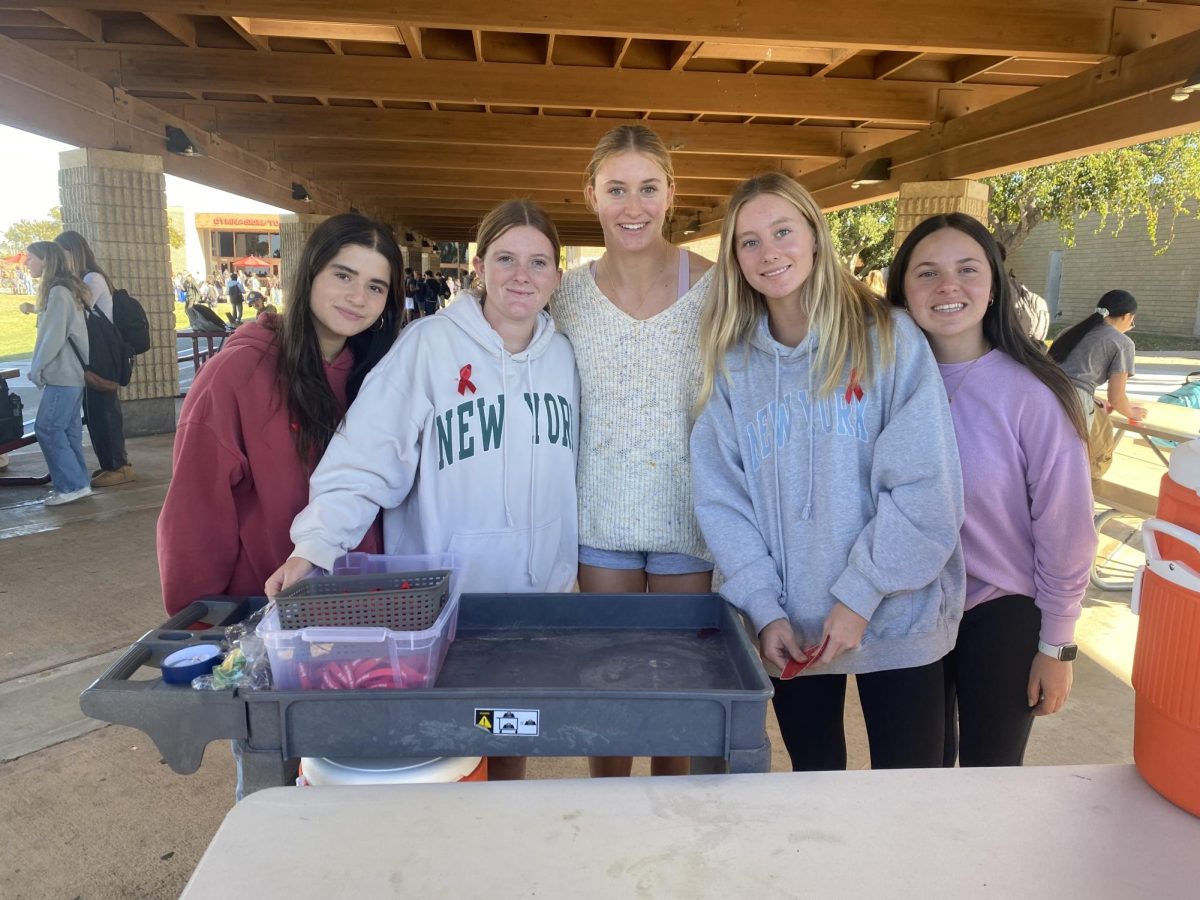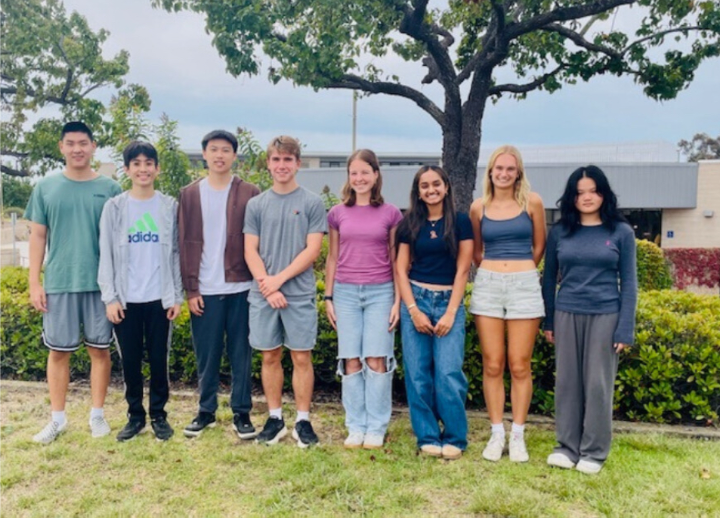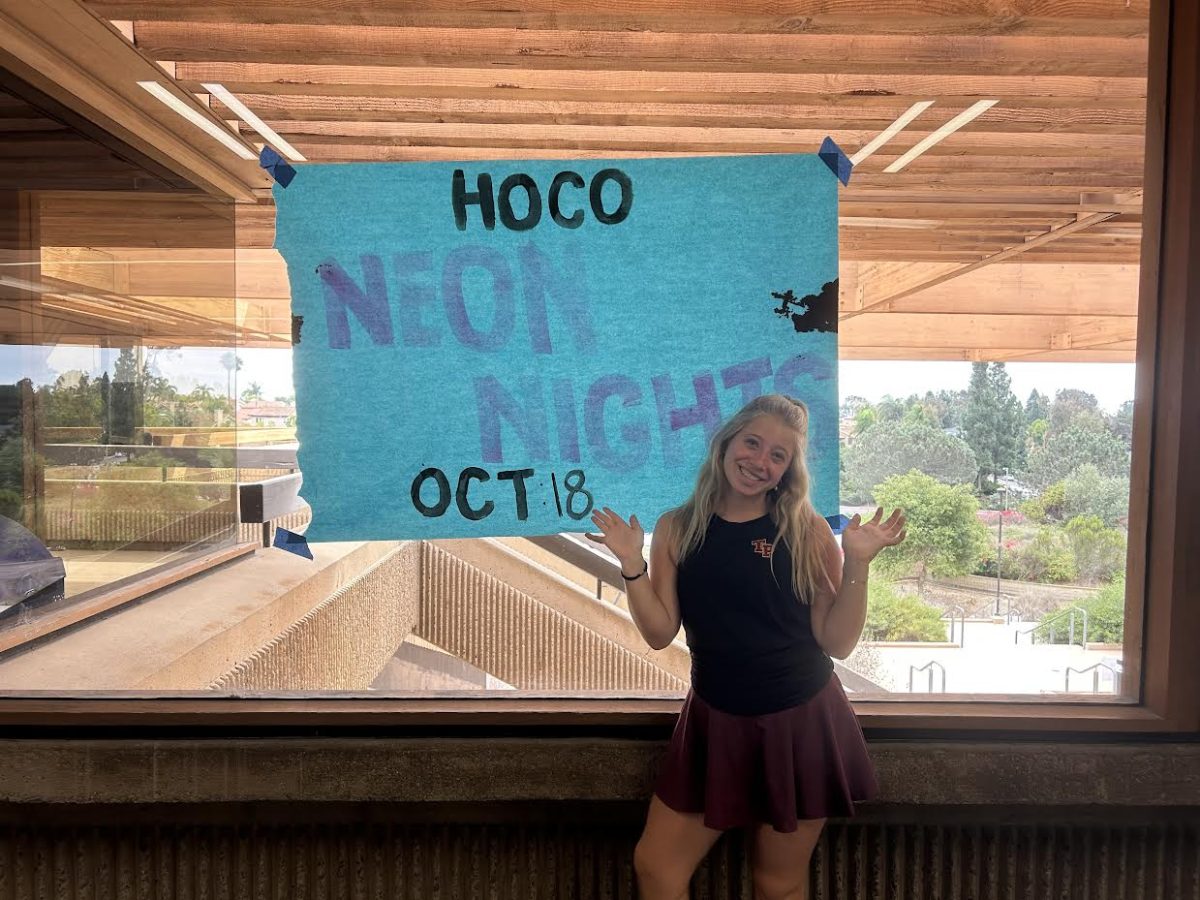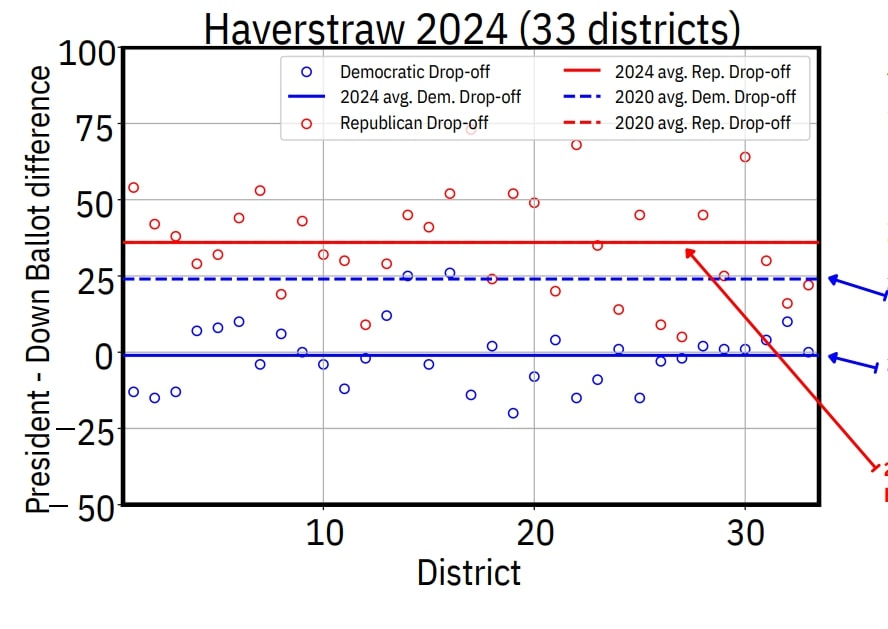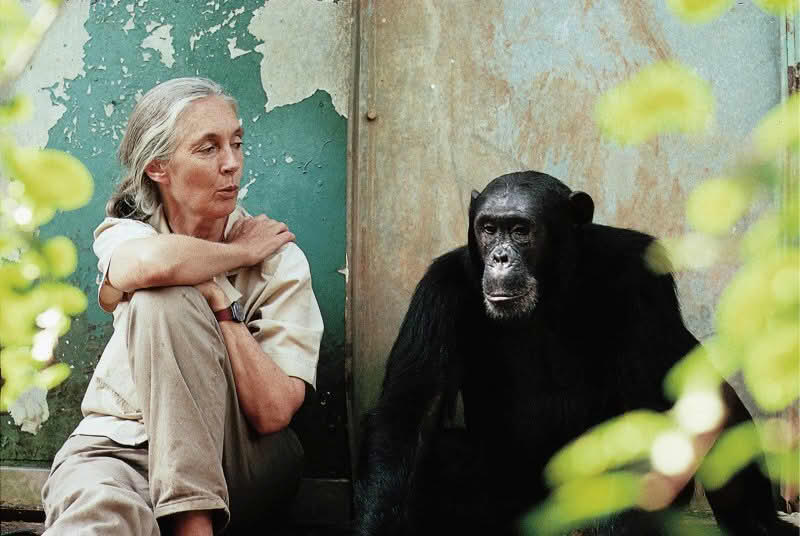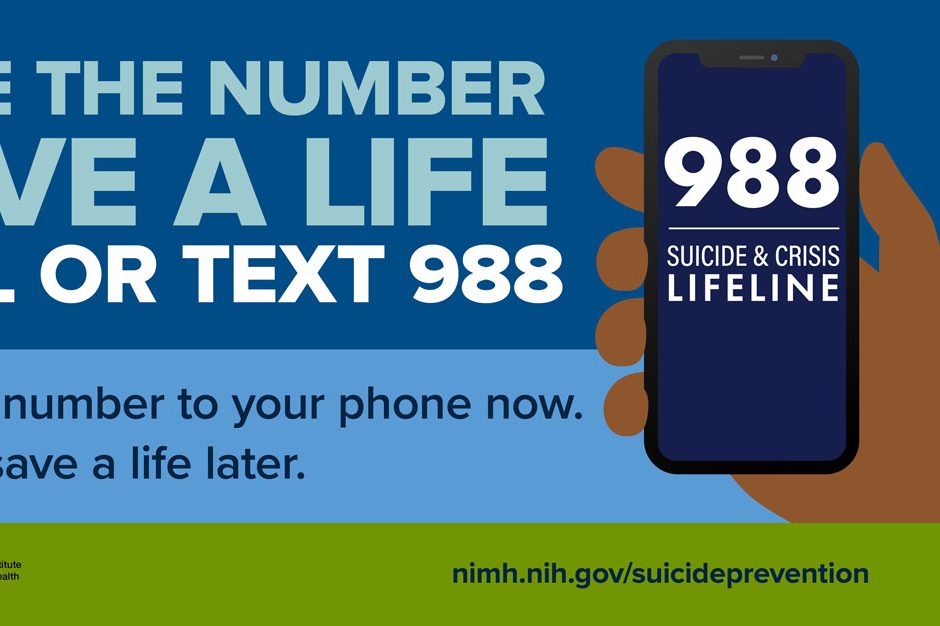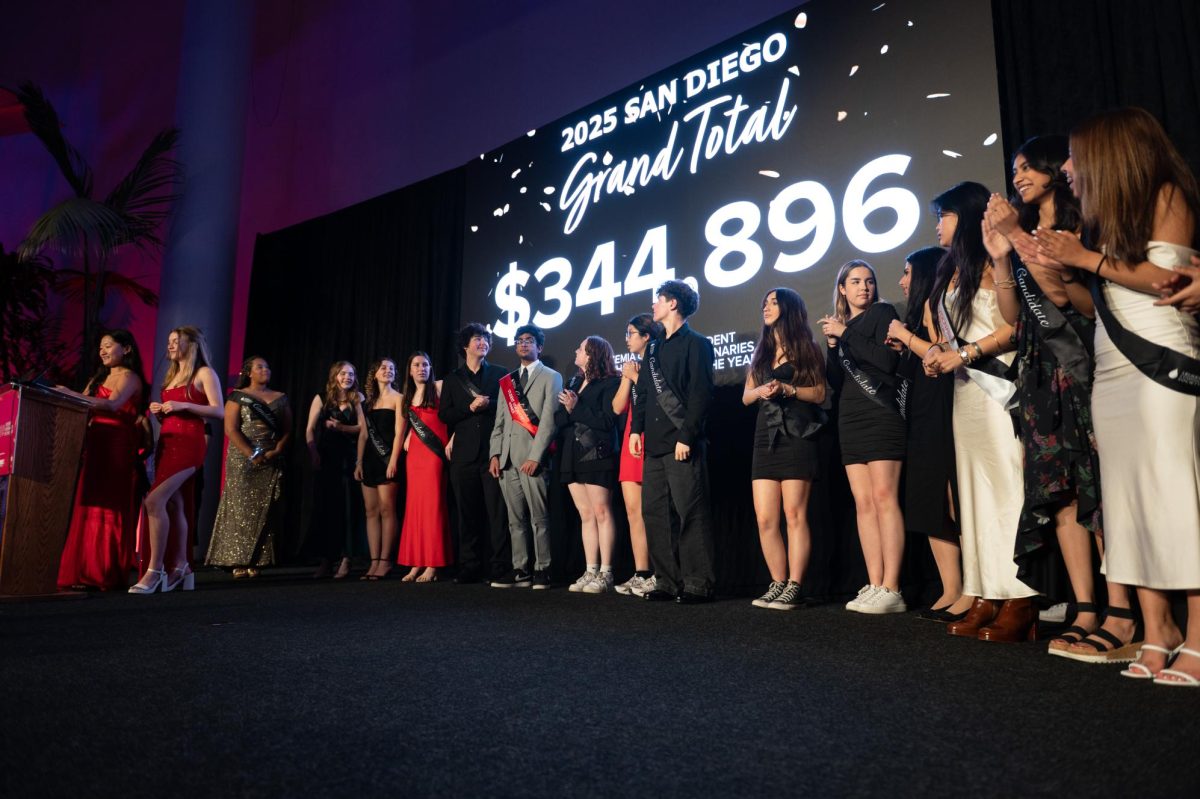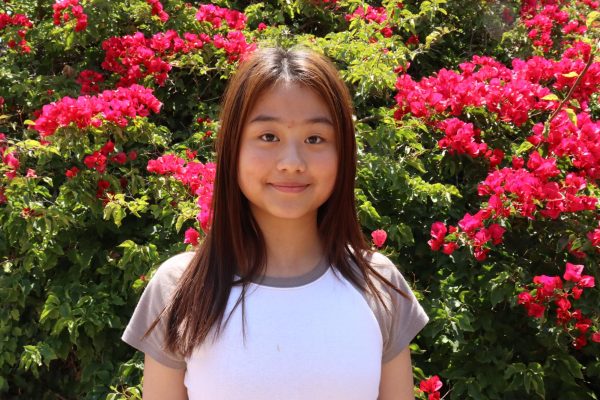Red Ribbon Week, which took place last week, was an event hosted by the school’s Peer Assistance Leaders to raise awareness among students about drug and alcohol abuse.
“It’s supposed to inform teenagers on the effects of drug and alcohol addiction and abuse and how to cope with that, how to find solutions and how to avoid it while still staying drug and alcohol-free,” Gabby Camargo (12), vice president of PALs, said.
The activities included passing out pins on Monday, candy and bracelets on Tuesday, red hearts during Student Connection time on Wednesday, a drunk goggles obstacle course on Thursday and Kool-Aid on Friday.
“Participating in these events can be really fun,” Camargo said. “It’s something that your friends can do, and you can educate yourself on how these things that are so normalized in our society, like drugs and alcohol, really do have an impact on us.”
The drunk obstacle course was one such activity that demonstrated alcohol’s impact.
“[The drunk obstacle course shows] how you can’t perform the way you usually would if you were drunk, and how you can’t do anything to your full capacity,” Camargo said.
The activities in general, however, were designed to capture the attention of the student body.
“We try to tie in fun events just so it’s not something where people are like ‘this is so boring, I’m not interested,’” Camargo said. “We want people to be interested in the topic of staying drug and alcohol-free for their own benefit, and this is a way to draw their attention.”
As intended by this strategy, Katt Moscol (9) was drawn in by the prospect of Kool-Aid.
“[The activities are helpful] because it gets everyone in the school involved,” Moscol said. “It spreads good awareness about the issues that our community faces.”
This is what PALs wants to accomplish, according to Angela Willden, PALs advisor, Honors Chemistry and AP Chemistry teacher.
“We try to make activities that the students are gonna want to come by; that’s often why there’s food attached or something like that, but there’s always resource cards, there’s always information there,” Willden said. “We can’t change people’s behaviors before we change their minds; we’re really just trying to change people’s minds about how these things have really obvious impacts on other people’s lives, and therefore our lives are just as impacted.”
Moscol received a resource card alongside her Kool-Aid, which she deemed “helpful.”
Each item given out by PALs serves a greater purpose, according to Camargo.
“I personally love it when I see students wearing the bracelets and pins that we hand out because it’s your daily reminder that ‘I’m doing this for the betterment of myself and my health,’” Camargo said.
One main goal was to spread information on the topic, according to Willden. This was done through SC time.
“That’s where we share all of the statistics and information about how drugs and alcohol have affected students, how they’ve affected people that are well known and how to stay drug and alcohol-free,” Camargo said.
While Willden considers the event to be an overall success, she believes there is still room for improvement.
“I would love to get feedback from the school and from the PALs,” Willden said. “We’re always looking to improve and connect in ways that the students can respond to. It’s easy for us to say ‘Oh, this is a great idea,’ and then it doesn’t really resonate with anybody.”
Willden believes it is crucial that the event takes place annually.
“We’re human beings … we get really inspired to do things better and then after a while we don’t really do that anymore,” Willden said. “[Additionally], everybody has different life experiences that might make them more receptive in a given year than they were a previous year.”
Willden’s biggest piece of advice to the students is to not “blow it off.”
“When you look at the impacts on someone else’s life, our natural defensive posture is to say ‘Well, that’s them, that’s not gonna happen to me,’” Willden said. “All of us would be better served to learn from other people’s tragedies rather than having to experience our own tragedies. Don’t just blow it off like it doesn’t matter because it hasn’t impacted your life thus far. It might impact your life tomorrow and you’d rather learn now than be a statistic.”


